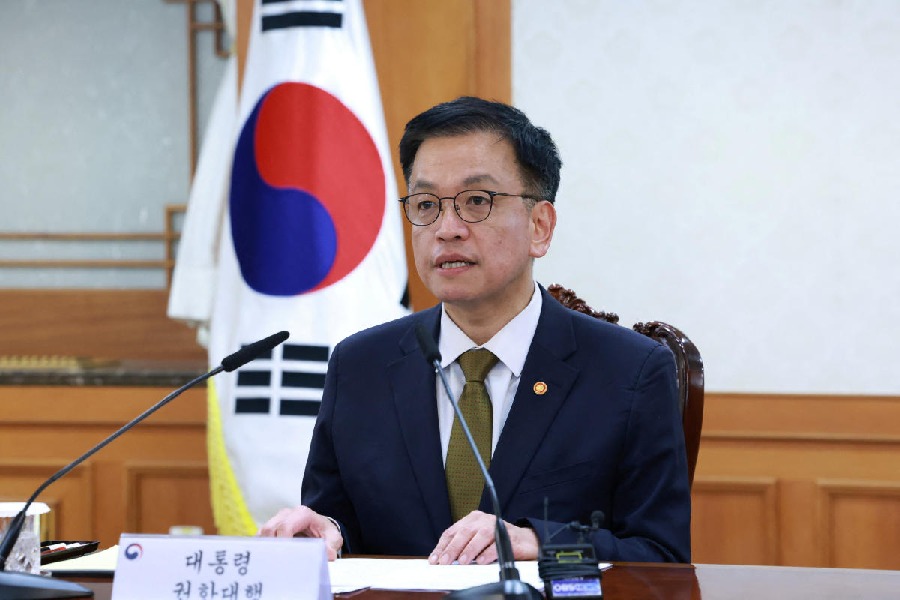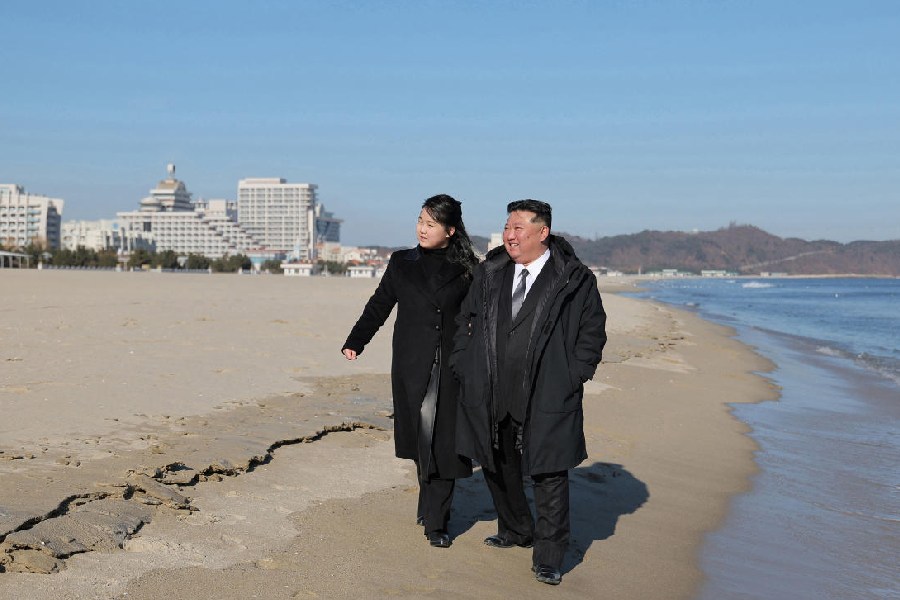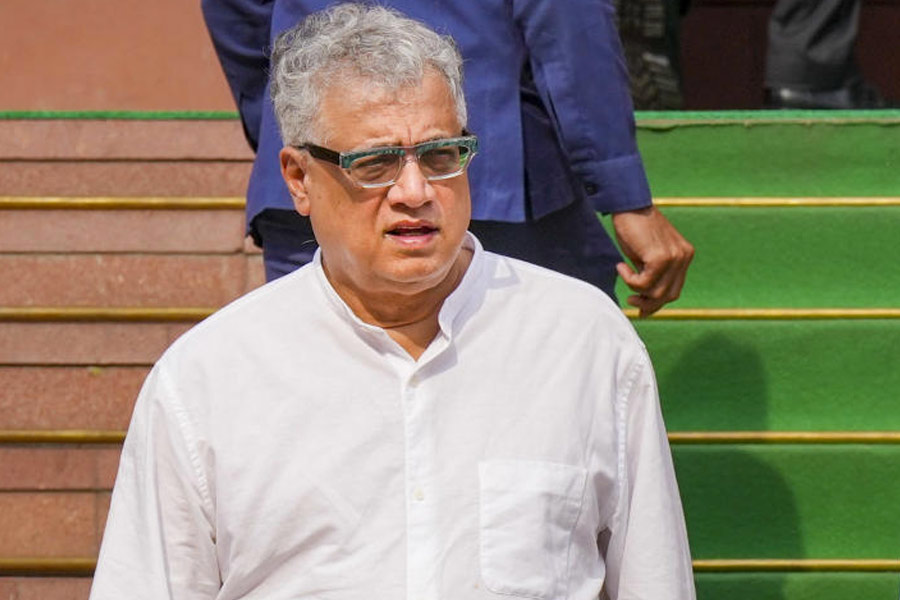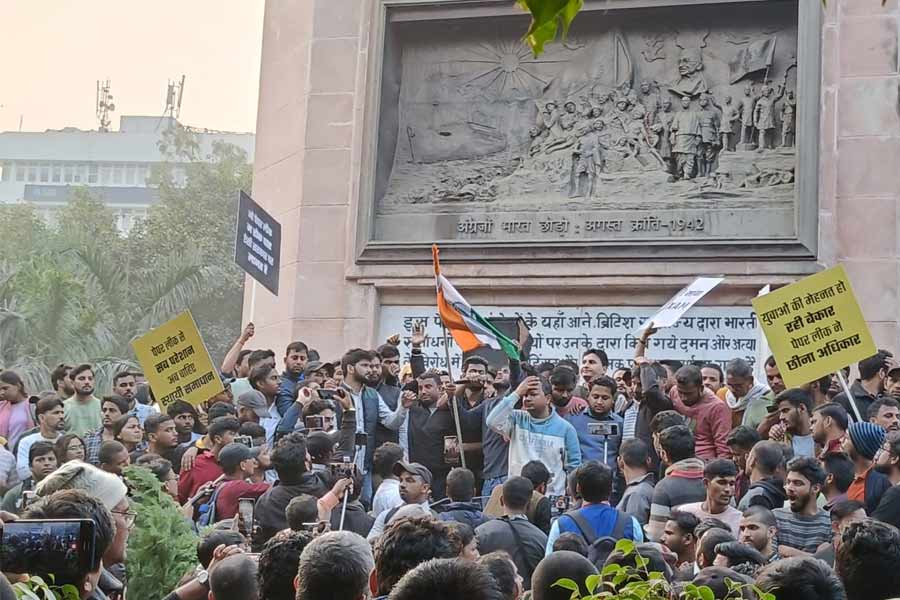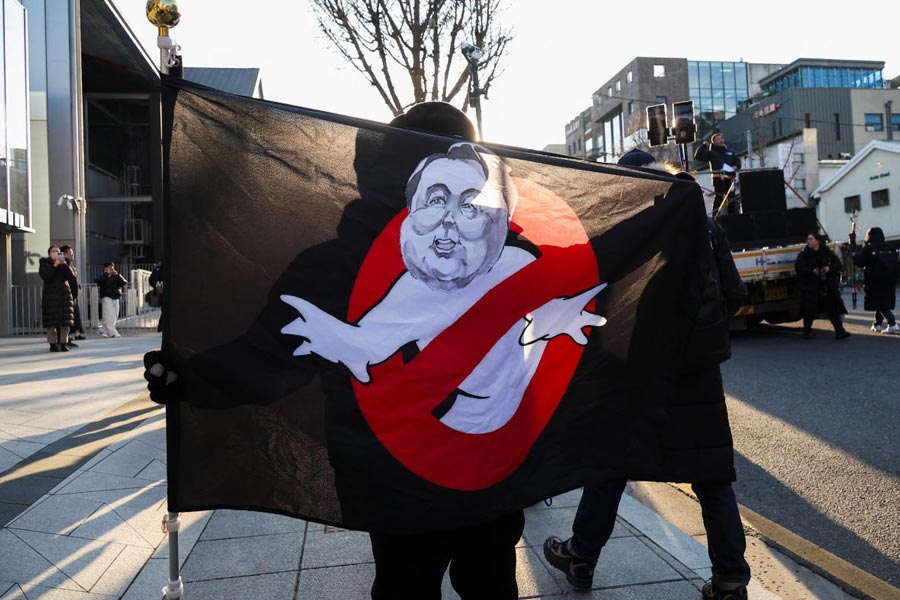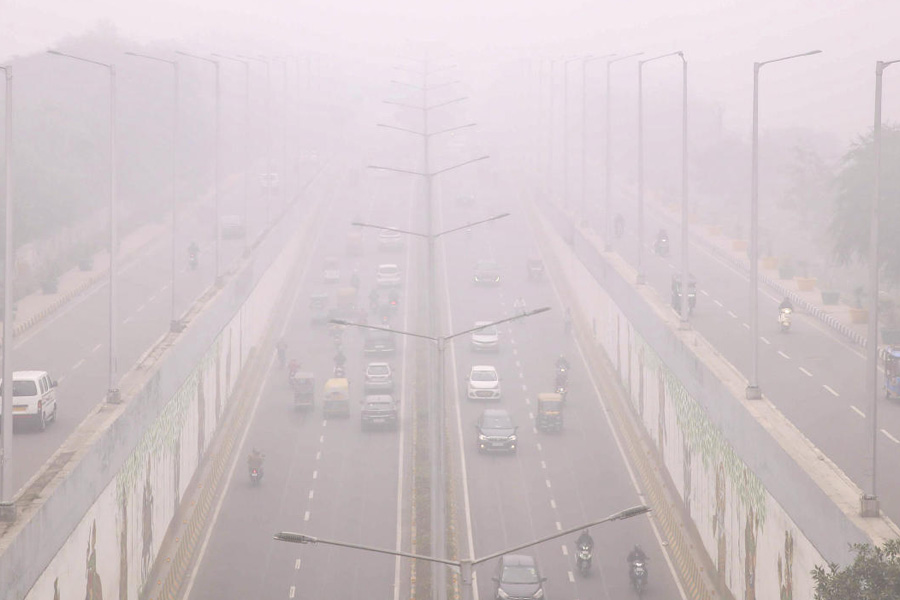South Korea's acting President Choi Sang-mok said on Tuesday he would immediately move to fill vacancies on the Constitutional Court in a effort to restore stability after the impeachment of two of his predecessors this month triggered political turmoil.
Finance Minister Choi became acting leader on Friday after the impeachment of Prime Minister Han Duck-soo, who had been acting president since December 14 when Yoon Suk Yeol was suspended from power after a short-lived attempt to impose martial law on Dec. 3.
Choi said he would appoint two Constitutional Court justices immediately, and a third when ruling and opposition parties can agree on nominating a candidate.
"Having succeeded as acting President on December 27, I decided to appoint Constitutional Court justices because of the urgency of ending political uncertainty and social conflict as soon as possible, to stop the possibility of crises in the economy and people's livelihoods," Choi said in a Cabinet meeting.
Credit ratings agency Fitch warned this month that any slowdown from a prolonged political crisis and internal division could lead to a credit rating cut in Asia's fourth-largest economy.
Han was impeached after he declined to immediately appoint three justices to fill vacancies at the Constitutional Court, saying it would exceed his powers as acting president.
The court is set to decide the fate of both Yoon and Han, on whether to oust them from their positions completely or restore their powers.
South Korea's Constitution requires six justices to agree on the ouster of an impeached president. But the nine-member court had three vacancies, so the current justices would have had to vote unanimously to remove Yoon.
The appointment of the justices has been a point of contention between the opposition Democratic Party which controls parliament, and Yoon's ruling People Power Party.
Choi pleaded with the ruling and opposition parties to work with the government to resolve political uncertainties, handle the aftermath of the most severe plane crash on South Korean soil and bolster people's livelihoods.

